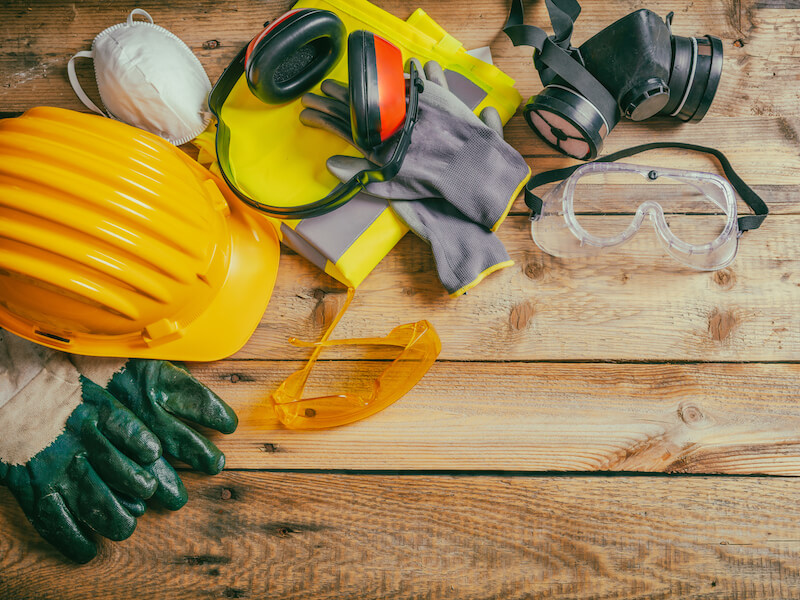
Roughly two million workplace injuries are documented every year. When you think of on-the-job injuries, you may think of flying projectiles or a hand caught in a piece of machinery at a factory.
But the most common workplace injury is much more insidious and often goes unreported. Over the course of several years, it will sneak up gradually on people. The majority of individuals don’t even notice it’s occurring until it becomes severe. Excuses are a typical reaction. “It will go away” or “I’m just getting older. This isn’t unusual.
And it’s unusual for people to even realize that their workplace is the cause of this injury.
The insidious injury is damaged hearing. There are numerous warning signs you should recognize, and there are significant steps you need to take if you believe the damage is already done.
How Loud is Too Loud?
Sustained exposure to sounds above 85 decibels (dB) can cause long-term damage to your hearing. Seventy-five dB, for instance, is the average volume of a vacuum. Eighty-five dB for a lawnmower. If you’re exposed to a chainsaw or leaf blower you’re experiencing 100 dB. A gunshot is about 140 dB.
Are you at risk when you’re at work? Are you being exposed to the most common workplace injury? If you’re regularly exposed to noise as loud as a lawnmower, even if it’s not continuous, your hearing can become damaged over time.
Signs of Hearing Damage
If you work in a loud environment, there’s no question you’re harming your hearing.
Your experiencing hearing loss if you notice any of the following signs:
- You can’t understand the person speaking if there’s background sound.
- You hear ringing, hissing, or whistling when it should be quiet.
- You frequently ask people to repeat themselves.
- You think people speaking to you are constantly mumbling.
- Conversations sound muffled.
- When people speak, you tend disengage.
- People are always complaining about the loud volume of your media devices.
- consonants get confused – “Todd” sounds like “Dodd,” for example.
- You feel pain when you hear loud sounds.
How is Hearing Damage Being Dealt With by Employers?
In settings that are very loud, technology is being used by businesses or organizations to reduce workplace noise. Government agencies are working to modify recommendations that will minimize workplace noise and protect employees.
Employees are coming forward as they become aware of the long-term damage that workplace noise is causing. In time, their voices will lead to further change.
Preventing Further Damage
If you work in a loud setting, the smartest thing you can do is safeguard your ears before any damage takes place. Using protective headphones or earplugs on the job will help decrease potential damage.
If you think your hearing has been injured by a noisy workplace, schedule a hearing test as soon as you can. When you ascertain the level of your hearing loss, you will find out how to counter further damage going forward. We address any hearing damage you’re already experiencing and formulate strategies to help you prevent any further damage.